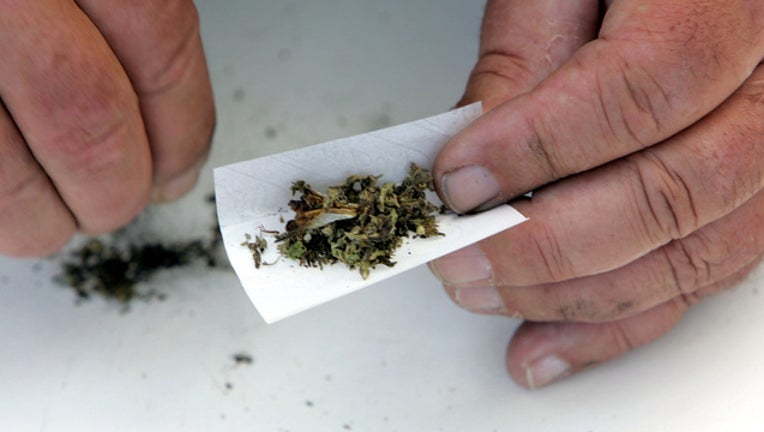Michigan voters approve legalization of marijuana

(Photo by Justin Sullivan/Getty Images)
Michigan voters have approved a ballot measure that will legalize marijuana in Michigan similar to alcohol, according to both supporters and the opposition of the bill.
The measure passed with 56% of the vote, with 96 percent of precincts reporting Wednesday morning.
Healthy and Productive Michigan, the primary opposition group to the initiative, said in a statement Tuesday night that "our side lost" the measure that if approved will make the state the first in the Midwest to legalize its sale and use. The group added "the level of responsibility ... now rests on the shoulders of those who have voted Yes."
Opponents say legalizing marijuana would lead to increased use by children, drug abuse and car crashes. Supporters say it will raise roughly $130 million in additional tax revenue each year that will go toward road repairs, schools and local governments.
With the approval, Michigan residents who are 21 years old or older will now be able to possess up to 2.5 ounces of marijuana outside their homes. Inside their private residence, they can have up to 10 ounces of pot and could grow up to 12 plants.
The Michigan Regulation and Taxation of Marihuana Act will regulate marijuana like alcohol and establish a regulatory system, allow people to grow their own plants, create a tax on marijuana sales with revenue that would go toward some of Michigan's needs, and decriminalize some marijuana-related infractions.
How would it be taxed?
The measure would establish a 10 percent tax on marijuana sales -- and that's on top of the 6 percent state sales tax we already have. First the money collected would be used to implement, administer and enforce the new law -- an amount that is not specified in the text of the measure. Then a provision in the ballot measure requires that for at least two years, $20 million of the marijuana tax revenue must be spent on one or more clinical trials that research the use of marijuana to treat veterans and prevent suicide.
Then, after those expenses, the remaining balance would be used for the following:
- 35 percent for the School Aid Fund for K-12 education
- 35 percent to the Michigan Transportation Fund to be used for repair and maintenance of roads and bridges
- 15 percent to municipalities that allow marijuana businesses. The amount given to one municipality is determined by how many marijuana establishments there are.
- 15 percent to counties where marijuana businesses are located, allocated in proportion to how many businesses are in the county

